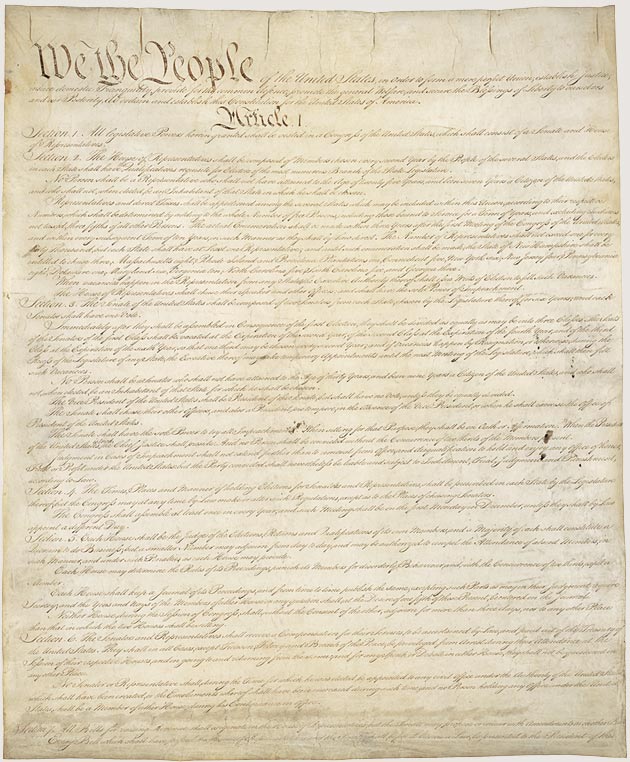Read the previous entry in the series here.
Read the next entry in the series here.
A content warning is likely in order.
The chapter that follows, “Surviving,” begins with Keffria and Selden talking on the deck of the Kendry as the liveship approaches Bingtown. The harbor is desolated, the ruined hulks of ships visible in the water and the lingering damage to the town visible, as well. Keffira frets for her family, the fates of most of whom are uncertain to her.

Image from the US National Archives, which I’m pretty sure makes it public domain.
Reyn and Jani are also aboard the Kendry, and they confer about their own mission to beseech aid as they approach the injured town. Trehaug is in dire economic straits, the earthquake having rendered the retrieval of Elderling artifacts impossible, and the extinction of the Rain Wild Traders looms. Keffria invites the Khupruses to lodge with her, which offer they accept, and Grag Tenira arrives to spirit the group away under cover–and to the waiting Ronica.
Aboard the Chalcedean ship, the Satrap whines; at Kekki’s insistence, Malta offers some gentle advice and comfort, musing on their unpleasant situation and tending to the Companion as best she can. The value of Kekki’s advice is made clear as Malta rehearses an assault upon her. The Satrap continues to treat her as a servant, and Malta is accosted again; she falls, opening a wound she has been considering for some time. As she makes to bind it, she realizes that Kekki has died as the Chalcedeans hail another ship.
In Bingtown, Serilla takes lunch and considers her worsening situation. Roed Caern grows increasingly cruel and paranoid as many sets of machinations unfold; she wonders how to place herself among them in the wake of a message from Mingsley. She also considers Ronica, musing on the older woman’s wisdom.
Grag and Reyn confer as the latter makes ready to join a gathering. They exchange tidings, including Reyn’s certainty that Malta is dead. Similarly, Ronica affirms herself to Keffria and reminds her that she, not Ronica, is the Vestrit Trader. And at the gathering, Keffria takes her rightful place, despite her pain and loss. News is exchanged and counsel taken for how to proceed; the potential for a break from Jamaillia and a new system of rule for Bingtown is discussed, and Reyn, at Selden’s prompting, begins to explicate some of the longer history of Bingtown and the Rain Wilds.
I am again taken by the similarity between events unfolding in Bingtown and what I remember being taught and reading later about concerns surrounding the Revolutionary War. (I am aware that what I was taught was markedly jingoistic in addition to being simplified for consumption by children. The latter is excusable, even perhaps necessary; the former is not. And, recall, I grew up in small-town Texas–for good and ill.) I’ve noted that in other work–and I’ll get to that work, worry not–Hobb makes much use of early US history to inform her fictional milieu; I haven’t done the reading to the extent that I should (yet) to confirm it, but it does not stretch credulity to think that Hobb is doing much the same thing in the Liveship Traders novels that she does in the Soldier Son series. And she seems to be offering some corrections, being explicit in the incorporation of women in the proposed renewed Bingtown as equals–formally and legally, not just conventionally–and noting usefully that “A manner of speaking becomes a manner of thinking.”
Indeed, that comment is more true than many people want to believe. I don’t necessarily fully subscribe to Sapir-Whorf, but it is an idea that merits more thought than most afford it.
[…] Read the previous entry in the series here.Read the next entry in the series here. […]
LikeLike
[…] the previous entry in the series here.Read the next entry in the series […]
LikeLike
[…] Aboard the Chalcedean ship, Malta continues to suffer the Satrap and the crew. She muses on her situation–it is not a good one–and upon the status of her family. She also absently picks at a scar on her forehead, finding its texture rough and its extent greater than she had anticipated. As she considers matters further, Malta begins to more coldly assess her circumstances and the ways in which she can achieve and retain agency, and she begins to proceed along those lines, making for the ship’s captain. When she finally confronts him, she seems to make some progress at improving her situation and the Satrap’s, though the latter is hardly conscious of it until water for bathing and clean clothes are brought to their cabin. […]
LikeLike
[…] novels to read as commentary on the United States and its history (as noted here, here, here, here, and here, and probably ought to be elsewhere). There’s a long and storied history of such […]
LikeLike